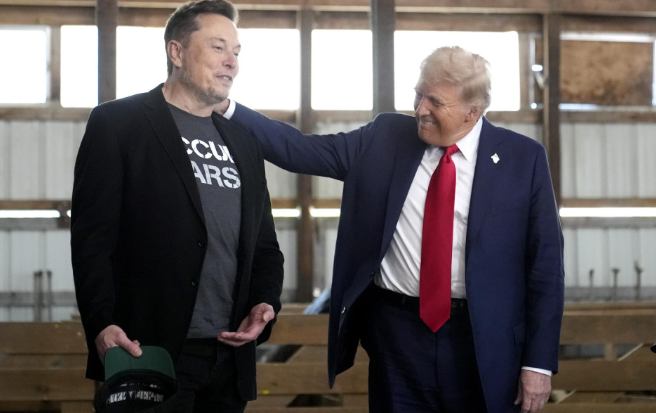[ad_1]
PARIS/GENEVA (Reuters) – The World Trade Organization has reversed a ruling that Boeing (BA.N) received prohibited support for its newest aircraft, dealing a blow to the European Union in its long-running row with the United States over subsidies.
Monday’s decision by WTO appeal judges overturns a ruling which had banned some Washington-state support for plants including a $1 billion factory designed to build the world’s largest carbon-composite wings for Boeing’s 777X jet.
A WTO panel ruled last year that a reduction in the state’s business and occupation tax in return for a decision to place 777X production in the state had deliberately shut out imports.
But its appeals body found the tax breaks had not explicitly targeted trade flows, removing them from the WTO’s most severe category of banned aid known as “prohibited” subsidies.
The decision neutralizes a potential trump card, which the EU played in 2014 to shake up the world’s biggest trade dispute.
Prohibited subsidies are a form of aid that the WTO’s 164 members consider exceptionally market-distorting and are automatically banned wherever they are proved to exist.
The WTO appeals body did not consider whether the 777X tax credits fell under the more common banner of “actionable” subsidies, since the EU had not resorted to fallback arguments as it gambled on securing a quick, game-changing victory.
But the EU may use evidence from the case to try to widen a previous successful claim against earlier versions of the same tax credits, meaning that although the EU’s latest gambit failed, the 13-year-old war between Washington and Brussels over support for their dominant planemakers will continue.
“Today’s ruling will strengthen the (original EU) case on the long term and allow us to expand our compliance demands,” Airbus spokeswoman Maggie Bergsma said, while Boeing called the ruling a “sweeping and clear win”.
U.S. Trade Representative Robert Lighthizer said the EU had lost most of its claims and “cannot justify their own illegal subsidies by hiding behind groundless claims against the U.S.”
COMPLIANCE
Neither side has been able to make the key charge of prohibited subsidies stick at the appeals stage but both have won billions of dollars of claims about “actionable” subsidies, while disagreeing over who comes off worst and racking up an estimated $100 million in costs.
The WTO is considering appeals on whether each side complied with previous demands to remove billions of dollars of unfair support. A decision on whether the EU has fallen into line is expected at the end of the year, with a ruling on U.S. compliance due in 2018.
U.S. sources say the timetable could give the administration of President Donald Trump, who has pledged tough enforcement of trade laws, the first crack at introducing sanctions that could theoretically be targeted at any industry, not just aerospace.
If either side is found not to have complied by removing the harmful support for its planes, the other will be able to impose counter-measures. However, new disputes could arise if sanctions are imposed, despite claims to have complied subsequently.
A European source predicted legal procedures could continue indefinitely until both sides decide to settle. Airbus renewed a call for a broad global agreement on support for planemakers.
Reporting by Tim Hepher and Tom Miles; editing by Alexander Smith
[ad_2]
Source link






Leave a Reply